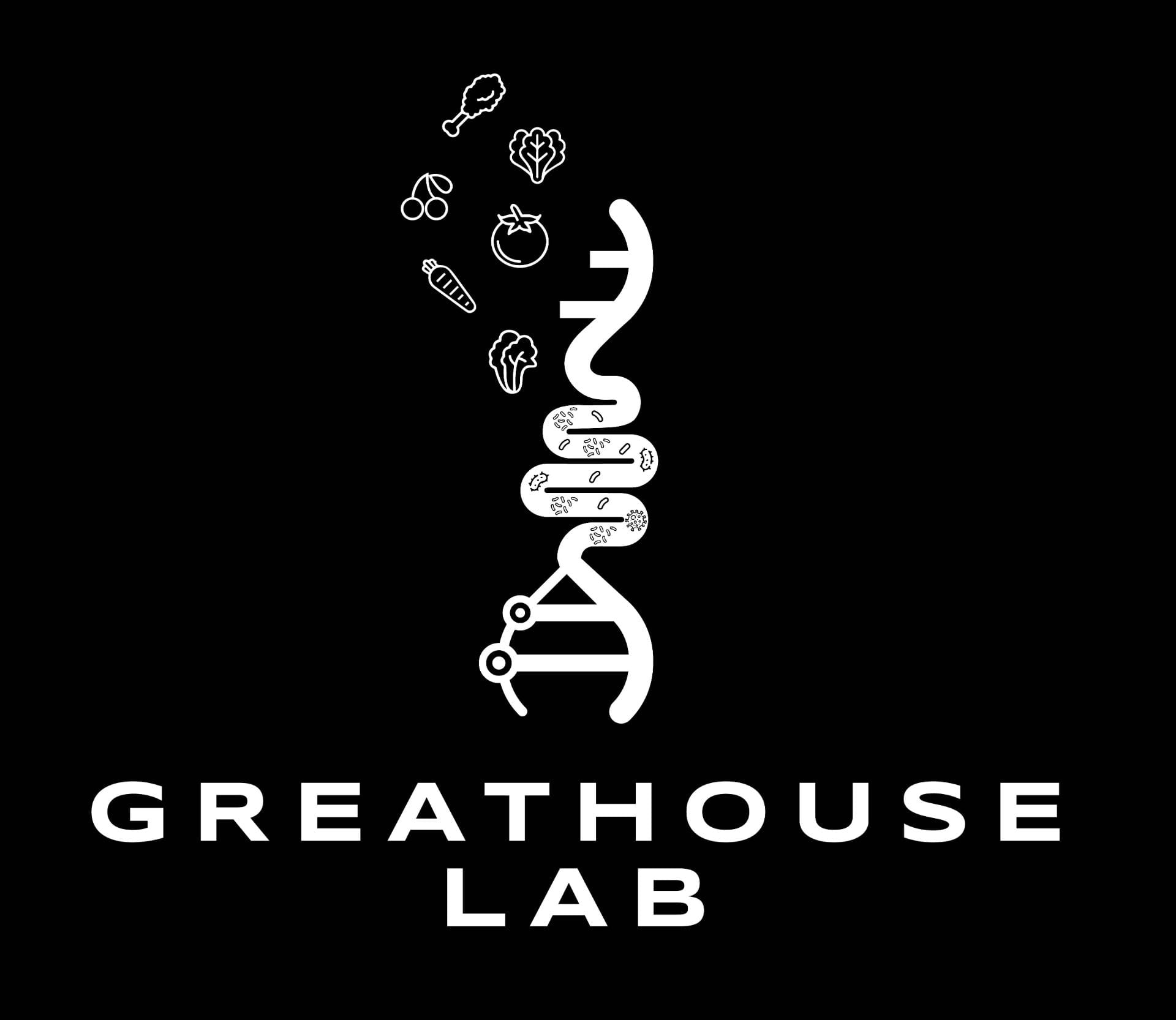COLON-MD Study
COLon LONgitudinal of the dietary and microbial factors that predict response to therapy
The goal of this proposal is to identify how the composition of the gut microbiome and diet interact to impact chemotherapy-induced diarrhea incidence and severity. (Funded by the U.S. Department of Defense)
Rationale:
The interaction between diet and the microbiome influences response to colorectal cancer therapy and toxicity
Diet and Microbiome Predictors of Chemotherapy-Induced Diarrhea (CID):
- Severe side effect of chemotherapy treatment, occurring in 56.3% of colorectal cancer patients treated with FOLFOX (folinic acid, calcium folinate, 5-fluorouracil (5FU)), and is related to 5% of deaths that occur with combination chemotherapy treatment
- No clinical biomarkers for CID
- Current strategies for prediction of diarrhea have not yielded positive results
- Mucosal damage and inflammation are hallmarks of CID, and both the microbiome and diet are key factors controlling immune and mucosal homeostasis

Percent similarity of bacterial profiles of patients with and without diarrhea after 7wk radiotherapy treatment as compared to controls (Manichanh, 2008).
Longitudinal Study Design:

